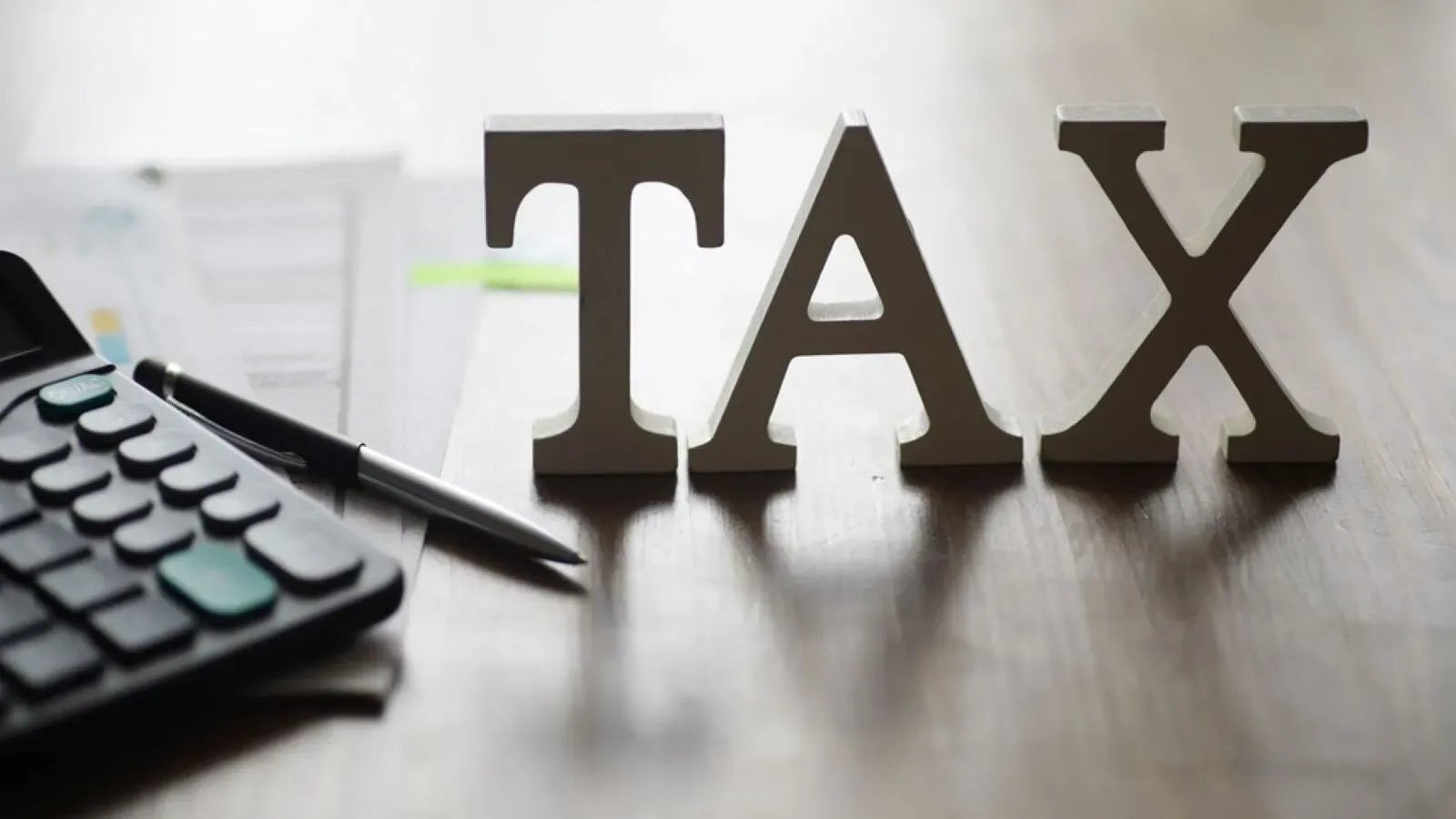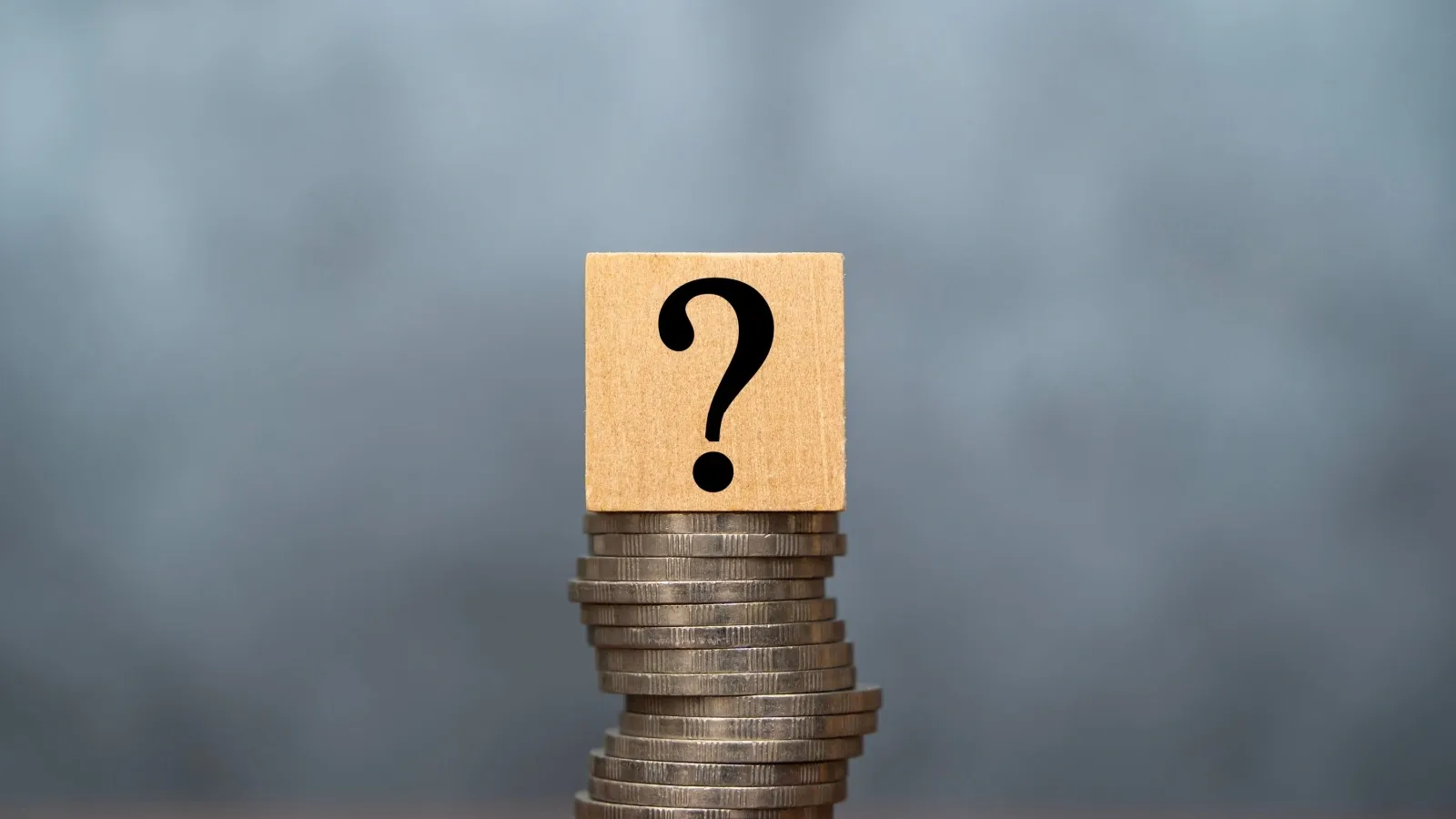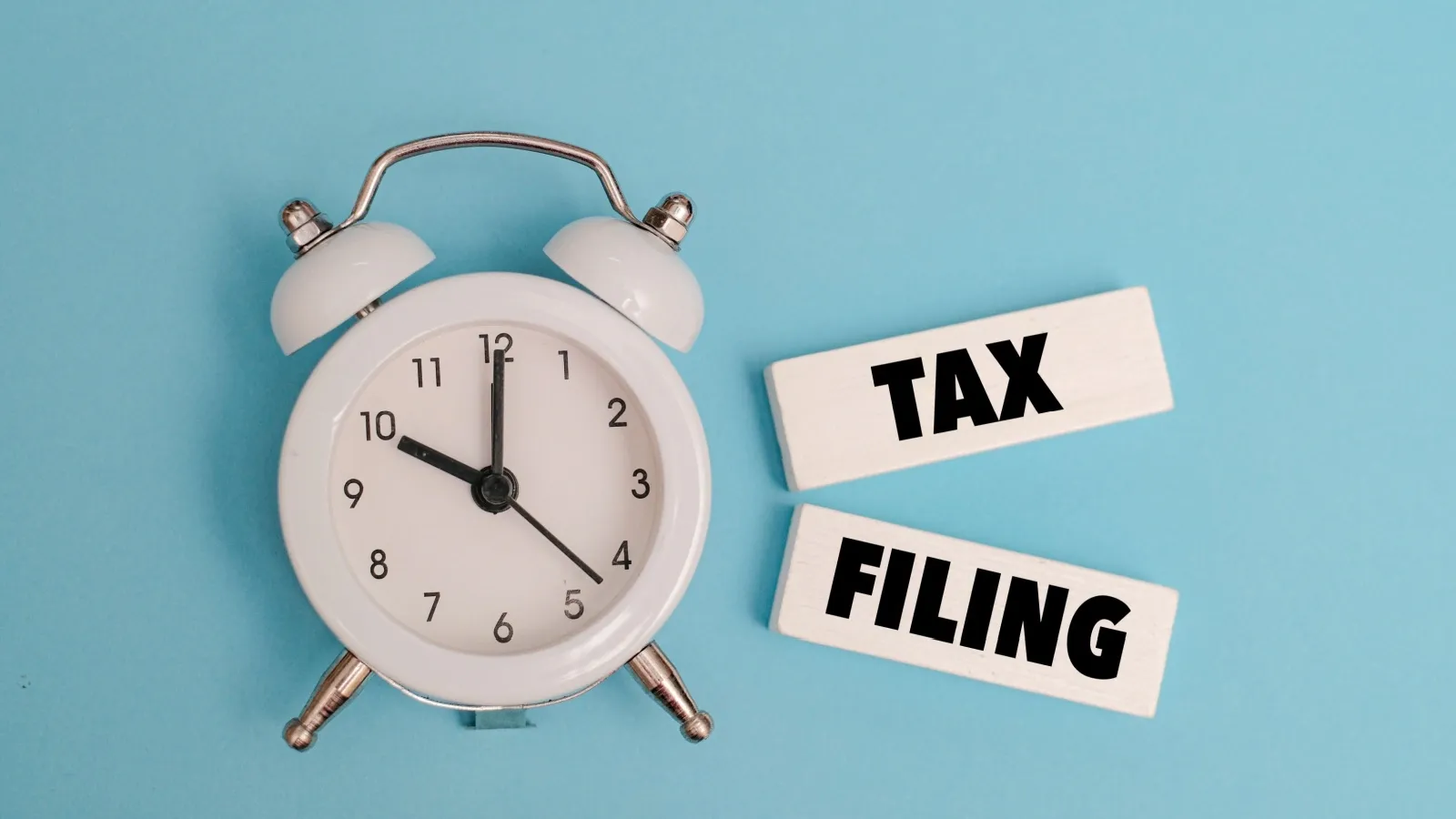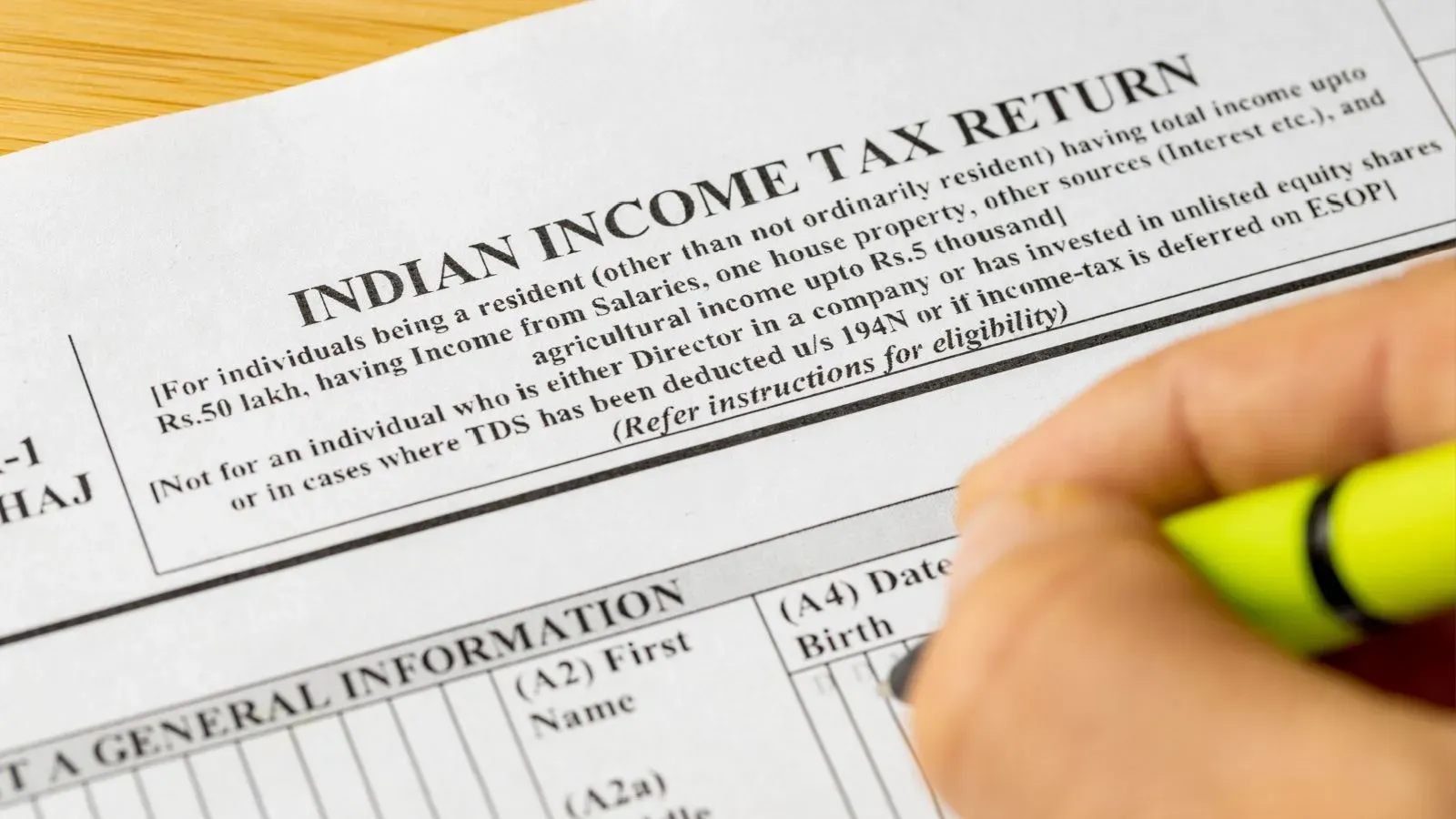Personal Finance News
Can small taxpayers obtain section 87A rebate on their STCG income for FY 2024-25 (AY 2025-26)?

4 min read | Updated on August 19, 2025, 13:21 IST
SUMMARY
A resident individual with a total taxable income of up to ₹7 lakh under the new tax regime, or ₹5 lakh under the old regime, is eligible for the Section 87A rebate for FY 2024-25 (AY 2025-26).

The Section 87A rebate offers relief to small taxpayers by reducing their tax liability. Image | Shutterstock
Whether small taxpayers can seek a tax rebate under Section 87A on short-term capital gains (STCG) income under the new tax regime is a topic of confusion.
Following a recent decision by the Ahmedabad-based Income Tax Appellate Tribunal (ITAT), this matter again came to the limelight.
Small taxpayers may be eligible for a Section 87A rebate on their STCG income for the Financial Year 2024–2025 (Assessment Year 2025–2026) in light of the recent ruling by the Ahmedabad-based ITAT.
On August 12, 2025, the Income Tax Appellate Tribunal (ITAT) Ahmedabad bench allowed a taxpayer to claim Section 87A tax rebate on short-term capital gains (STCG) under the new tax regime.
In its order, the ITAT stated that the law for FY 2024-25 did not contain any specific restriction against claiming the rebate on STCG. The tribunal also noted that the Finance Bill 2025 explicitly proposed to introduce this restriction prospectively, from the Assessment Year 2026-27 onwards.
What does this mean for small taxpayers?
If you are a resident individual with a total taxable income of up to ₹7 lakh in the new tax regime (or ₹5 lakh in the old tax regime) for FY 2024-25, and your income includes STCG, you can potentially use this ruling to support your claim for a Section 87A rebate.
"A resident individual under the new tax regime can claim the full ₹25,000 Section 87A rebate for FY 2024–25 if their total taxable income, including special-rate gains, does not exceed ₹7 lakh, including short-term capital gains taxed under Section 111A,” said Abhishek Soni, CEO and co-founder of Tax2win.
The recent ITAT Ahmedabad ruling clarified that Section 87A makes no exception for STCG. In other words, unless the law explicitly bars a rebate (like it does for LTCG), the rebate cannot be denied. While this opens the door for taxpayers, until tax utilities and processing centres fully align, individuals may need to claim the rebate manually and be prepared for case-by-case assessments, Soni added.
"Currently, the income tax return utility does not permit this. If the issue remains unresolved, affected taxpayers may consider filing a writ petition in the High Court to seek appropriate directions to the Income Tax Department," explained Mumbai-based tax and investment expert Balwant Jain.
"This relief is important because it answers one of the largest concerns of retail investors: whether entry into equity markets will bring in disproportionate taxation despite small overall incomes. This ruling brings parity and equality to small investors during this transition year. Yet, it should also be remembered that from FY 2025-26 onwards, such gains will no longer be eligible for rebate, since amendments have categorically ruled them out," said CA Siddharth Maurya, Founder and Managing Director of Vibhavangal Anukulakara Private Limited
Section 87A rebate: Eligibility and benefits under New and Old Tax Regimes (FY 2024–25)
Taxpayers with total taxable income up to ₹7 lakh are eligible.
Taxpayers with total taxable income up to ₹5 lakh are eligible.
Old Regime: Eligible resident individuals can claim a rebate of up to ₹12,500 under Section 87A.
Related News
By signing up you agree to Upstox’s Terms & Conditions
About The Author
Next Story




